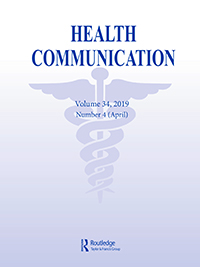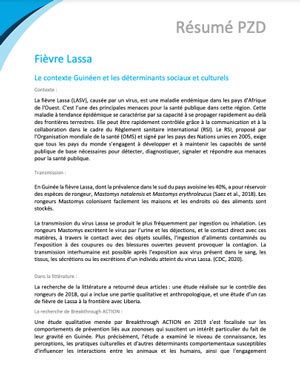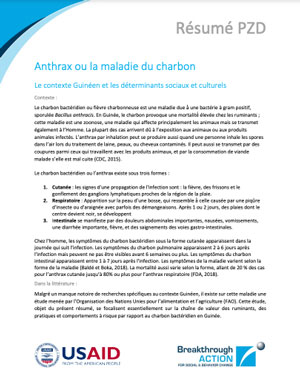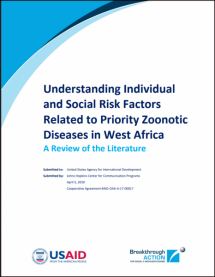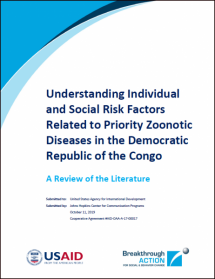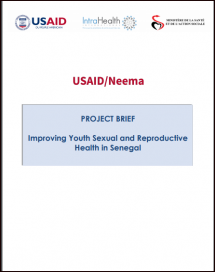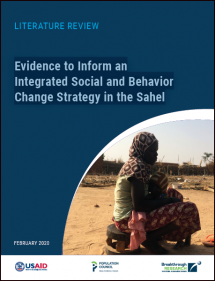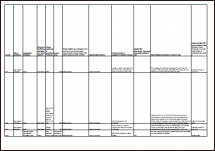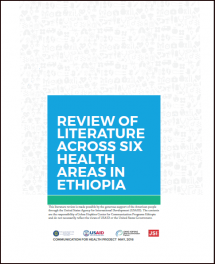Emergency Risk Communication: Lessons Learned from a Rapid Review of Recent Gray Literature on Ebola, Zika, and Yellow Fever
This resource is a rapid review of gray literature from 2015 to 2016 conducted to identify the lessons learned for emergency risk communication from recent outbreaks of Ebola, Zika, and yellow fever. Gray literature databases and key websites were searched and requests for documents were posted to expert networks. A total of 83 documents met the inclusion criteria, 68 of which are cited in this report. This article focuses on the 3 questions, out of 12 posed by the World Health Organization as part of a Guideline development process, dealing most directly with communicating risk during health emergencies: community engagement, trust building, and social media.
Last modified: August 12, 2024
Language: English
Source: Health Communication Journal
Year of Publication: 2018

